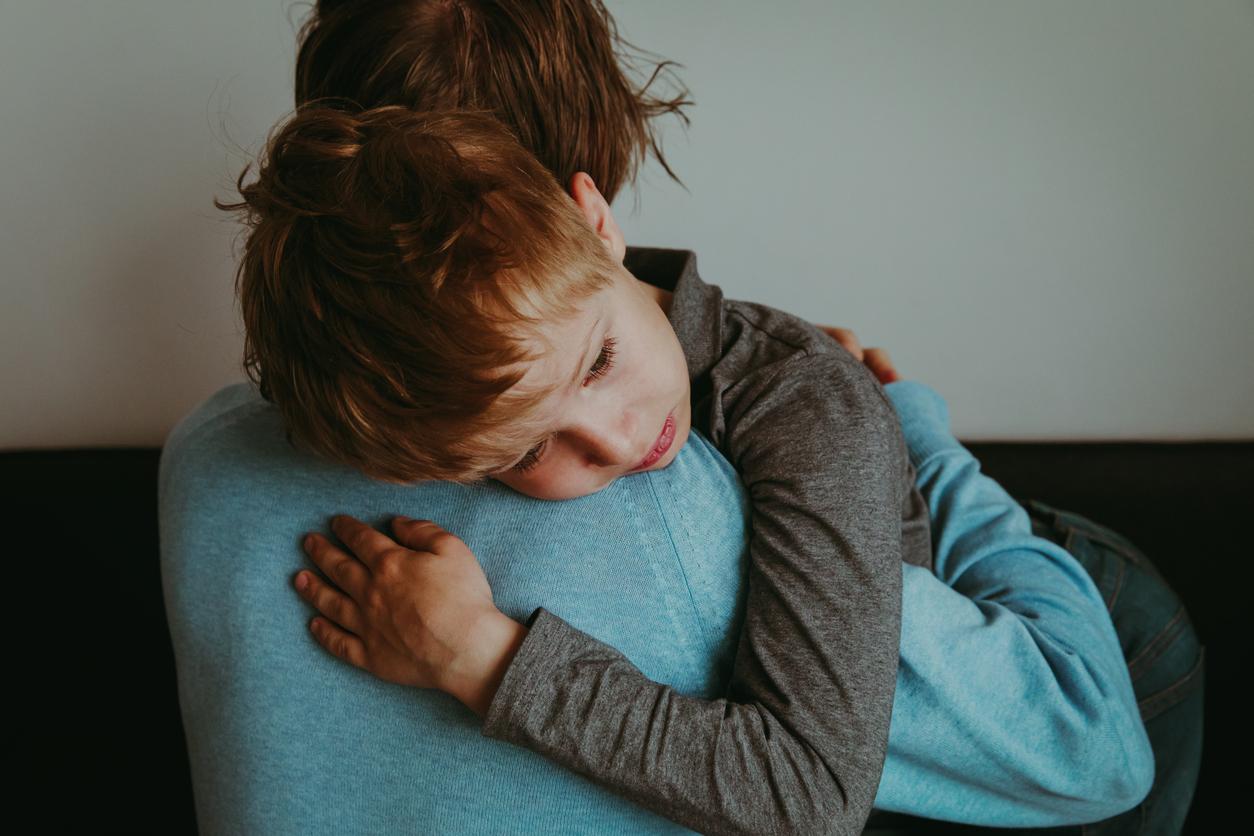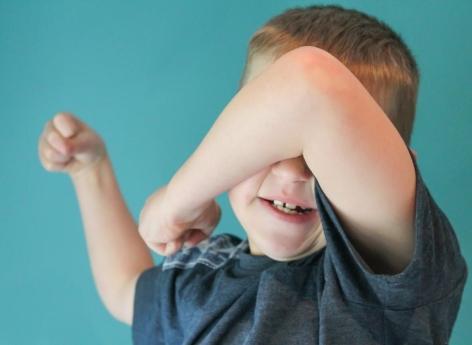Beyond entertainment, battle games are also useful for child development.

- From the age of 2, children begin to push, grab, jostle or chase each other… These are playful interactions that contribute to their learning.
- This allows them, for example, to clearly distinguish the game from real fighting, or to learn to respect established rules, even informal ones.
- These games are also an opportunity for children to control their impulsiveness and manage their emotions such as fear and anger, or to develop their self-confidence and their physical skills.
In the children’s world, battle games have a special place. Pushing, grabbing, jostling or chasing each other are part of the playful interactions that begin at the age of 2. Practiced in a safe and supervised setting, they are a particularly effective and beneficial learning method.
Social and emotional learning
Battle games are a unique time to evaluate and understand the strengths and abilities of others. They learn to clearly distinguish play from real fighting, to make compromises, and to respect established rules, even informal ones.
These games are also an opportunity for children to control their impulsiveness and manage their emotions such as fear and anger.
By controlling their strength to avoid hurting, they become aware of what the other person is feeling, strengthening empathy and understanding of facial expressions.
Strengthen connections and physical development
Battle games also have a crucial role in creating and strengthening friendships. By measuring themselves against their peers, in a non-hostile context, children develop a healthy competitive spirit, without anger or animosity.
These interactions also increase children’s self-confidence, particularly in conflict situations.
This playful wrestling also improves physical skills because it requires many motor skills such as coordination and balance.
The role of parents and when to intervene
Your participation in these battle games is valuable. By playing with your child, you teach important concepts like force control and following rules, preparing your child to interact appropriately with their friends.
However, it is important to be vigilant and intervene when the game risks degenerating into a real conflict or when one of the children seems not to enjoy it. It is also important to ensure the safety of the playing environment to prevent accidents.
Find out more: “T’choupi doesn’t like fighting” by Thierry Courtin.















